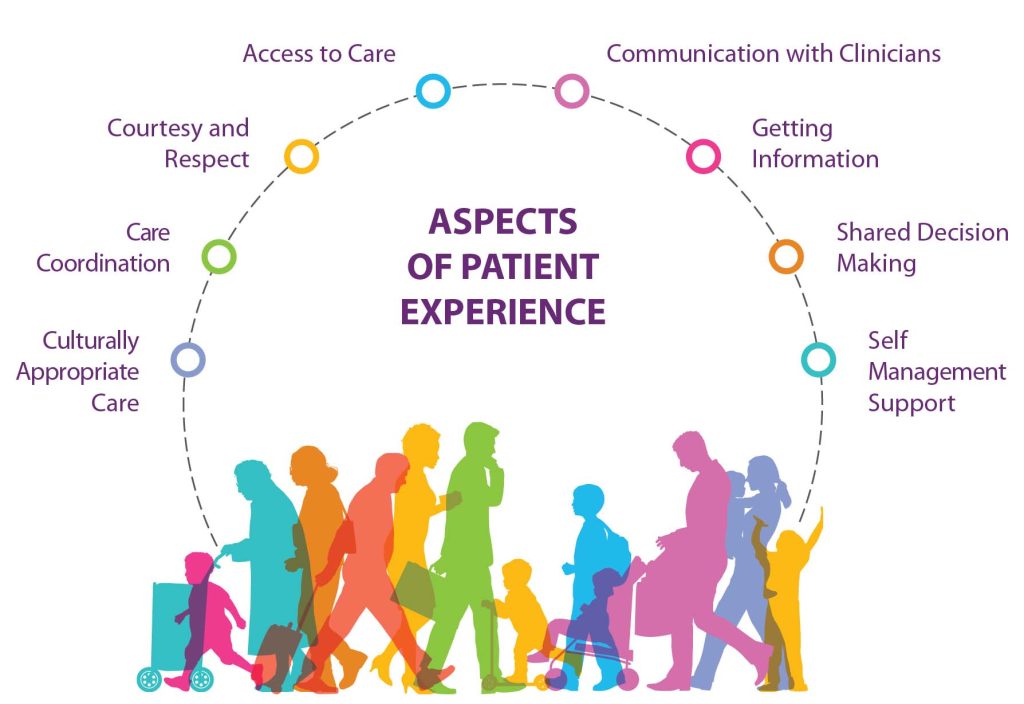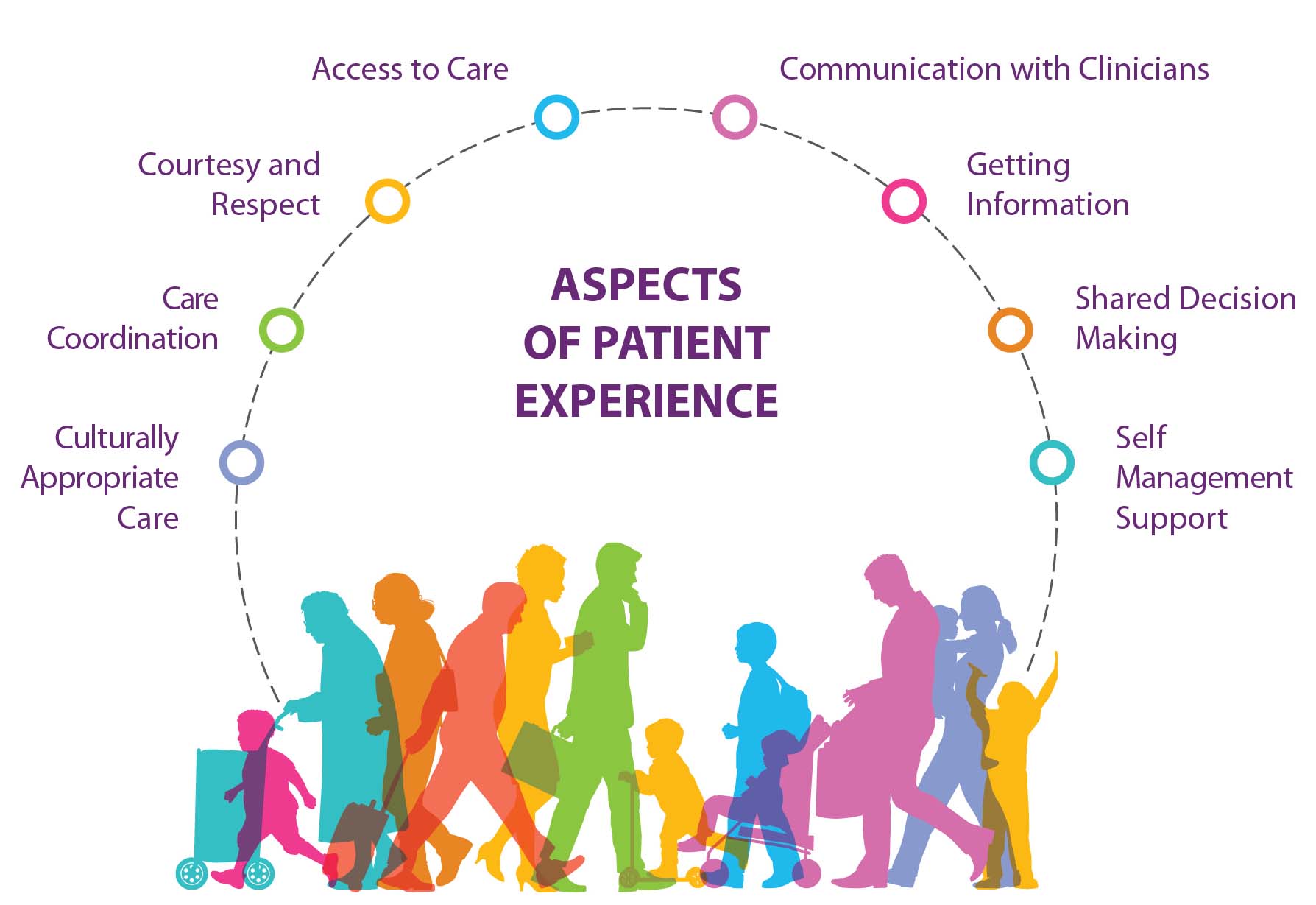Have you ever wondered how the UK’s National Health Service (NHS) measures whether patients feel heard, respected, and well cared for? It’s not just about clinical outcomes—it’s about what is patient experience NHS truly like from the patient’s perspective. In today’s healthcare landscape, understanding and improving patient experience is as vital as treating the illness itself. Whether you’re a patient, caregiver, or healthcare professional, this guide breaks down everything you need to know—clearly, compassionately, and with real-world relevance.
What Exactly Is Patient Experience in the NHS?
Patient experience in the NHS refers to how patients perceive and interact with healthcare services—from making an appointment to receiving treatment and follow-up care. It encompasses everything from communication with staff and wait times to the cleanliness of facilities and emotional support received.
According to NHS England, patient experience is one of the three core pillars of quality care, alongside clinical effectiveness and patient safety. This means it’s not a “nice-to-have”—it’s a fundamental part of delivering high-quality healthcare.
“Good patient experience is not just about kindness—it’s about dignity, involvement, and respect at every touchpoint.”
— NHS England, ‘Measuring Patient Experience’ Framework
Unlike patient satisfaction (which is subjective and emotion-based), patient experience focuses on observable interactions and whether care was delivered in a way that aligns with patient needs and values.
Why Does Patient Experience Matter in the NHS?
You might think, “As long as I get better, does the experience really matter?” The answer is a resounding yes—and here’s why:
- Better outcomes: Studies show patients who report positive experiences are more likely to follow treatment plans and have better health outcomes.
- Higher trust: When patients feel respected, they trust the system more—leading to earlier help-seeking and fewer avoidable emergencies.
- Staff morale: Positive patient feedback boosts clinician motivation and reduces burnout.
- System efficiency: Clear communication and coordinated care reduce errors, repeat visits, and wasted resources.
A 2022 NHS Digital survey found that 87% of adult inpatients rated their overall hospital care as “good” or “excellent.” Yet, gaps remain—especially in mental health services and community care, where only 72% reported positive experiences.
How Does the NHS Measure Patient Experience?
The NHS doesn’t guess—it measures. Here’s how:
1. National Surveys
The Care Quality Commission (CQC) and NHS England run large-scale surveys, including:
- Adult Inpatient Survey
- GP Patient Survey
- Cancer Patient Experience Survey
- Mental Health Services Survey
These reach hundreds of thousands of patients annually and ask standardized questions about access, communication, dignity, and involvement in decisions.
2. Real-Time Feedback Tools
Many NHS trusts use digital kiosks, SMS, or apps to collect feedback immediately after appointments—enabling rapid improvements.
3. Patient Stories & Focus Groups
Qualitative insights from interviews help uncover nuances that surveys might miss—like cultural barriers or emotional distress during care.
💡 Did you know? The NHS Constitution explicitly states that patients have the right to “be treated with dignity and respect” and to “be involved in decisions about your care.” Measuring experience ensures these rights are upheld.
For more on healthcare quality frameworks, see the Wikipedia entry on healthcare quality .

Key Dimensions of NHS Patient Experience
The NHS breaks patient experience into six core domains (based on the Picker Principles of Person-Centred Care):
| Respect for patients’ values, preferences, and needs | Care aligns with your personal, cultural, and medical priorities. |
| Coordination and integration of care | No confusing handoffs—your care team works together seamlessly. |
| Information, communication, and education | You understand your condition and treatment options clearly. |
| Physical comfort | Pain is managed; environment is clean and quiet. |
| Emotional support | Staff address anxiety, fear, or loneliness. |
| Involvement of family and friends | Loved ones are included (with your consent) in care decisions. |
These aren’t abstract ideals—they’re built into NHS performance metrics and CQC inspection criteria.
How Can Patients Improve Their Own NHS Experience?
While the system bears responsibility, patients can also take steps to enhance their care journey:
- Prepare for appointments: Write down symptoms, medications, and questions beforehand.
- Speak up: If something feels wrong or unclear, say so—NHS staff welcome feedback.
- Use Patient Advice and Liaison Services (PALS): Every NHS trust has a PALS team to resolve concerns quickly and informally.
- Complete surveys: Your feedback directly shapes local service improvements.
- Bring a companion: Having someone with you can help you remember details and feel more confident.
Remember: You are a partner in your care, not just a passive recipient.
Challenges in NHS Patient Experience (And How They’re Being Addressed)
Despite progress, the NHS faces real hurdles:
- Workforce shortages: Overstretched staff may have less time for empathetic communication.
- Digital divide: Older or low-income patients may struggle with online booking or telehealth.
- Inequity: Marginalized groups (e.g., ethnic minorities, disabled patients) often report poorer experiences.
Solutions in action:
- Cultural competence training for staff
- Hybrid care models (in-person + digital options)
- Targeted outreach to underrepresented communities
- Experience-based co-design (EBCD): Patients and staff redesign services together
For example, in 2023, Manchester University NHS Foundation Trust reduced missed appointments by 18% after co-designing reminder systems with patients from diverse backgrounds.
FAQ: Common Questions About Patient Experience in the NHS
Q1: Is patient experience the same as patient satisfaction?
A: No. Satisfaction is about whether you liked the care (e.g., “The nurse was kind”). Experience is about what actually happened (e.g., “Was I given enough time to ask questions?”). The NHS prioritizes experience because it’s more objective and actionable.
Q2: Can I complain if my patient experience was poor?
A: Yes—and you should. Start with your local PALS team. If unresolved, you can escalate to the Parliamentary and Health Service Ombudsman. The NHS encourages feedback to drive improvement.
Q3: Do GPs measure patient experience too?
A: Absolutely. The annual GP Patient Survey (sent to over 2 million people) covers access, doctor communication, and overall satisfaction. Results are public and used to benchmark practices.
Q4: How does patient experience affect NHS funding?
A: While not directly tied to budgets, poor experience scores can trigger CQC inspections, impact trust ratings, and influence Integrated Care System (ICS) performance reviews—indirectly affecting resource allocation.
Q5: Are mental health patient experiences tracked separately?
A: Yes. The Community Mental Health Survey and Inpatient Mental Health Survey capture unique challenges like stigma, coercion, and continuity of care—critical for improving psychological services.
Q6: Can I see my local NHS trust’s patient experience scores?
A: Yes! Visit the NHS website or Care Quality Commission reports to compare hospitals, GP surgeries, and mental health services by location.
Conclusion: Why Understanding “What Is Patient Experience NHS” Empowers Everyone
Knowing what is patient experience NHS isn’t just academic—it’s practical, powerful, and personal. For patients, it means knowing your rights and how to advocate for better care. For professionals, it’s a roadmap to compassionate, effective service. And for the system as a whole, it’s the heartbeat of a healthcare service that truly puts people first.
The NHS continues to evolve, but one truth remains: healthcare isn’t just about curing disease—it’s about honoring the human being in front of you.
👉 Found this helpful? Share it with a friend, family member, or caregiver who uses the NHS! Let’s build a healthcare system where everyone feels seen, heard, and valued.

Leave a Reply